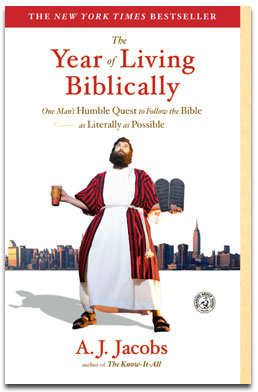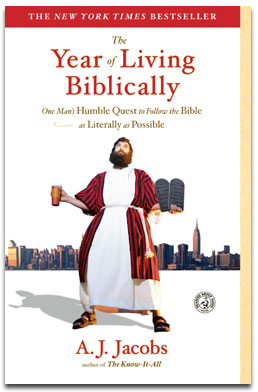A Kingdom of nobles
 Tuesday, May 26, 2009 at 5:01PM
Tuesday, May 26, 2009 at 5:01PM “For God is not merely mending, not simply restoring a status quo.
Redeemed humanity is to be something more glorious than unfallen humanity.”
– C.S. Lewis
As ironic as it is, Christians (those who participate in a Kingdom) have largely lost the concept of nobility.
Perhaps the notion of nobility got lost when the the last knights and ladies of the Middle Ages died off. Or perhaps we've lost the idea of nobility because we've lost a part of the Gospel itself. What I mean is this: In our attempts to be 'authentic' to each other, the world and to God, we've not only recognized the depths of our sin, we've decided that our selves are synonymous with those foul places.
Yet Scripture has stated otherwise:
"But the seed on good soil stands for those with a noble and good heart."
-- Luke 8:15
Something better now defines us: something stronger, regal and resplendent. This transformation wasn't a mere brushing-up, nor a tinkering with the old in order to improve it. It was something wholly different: a bestowing of a fundamentally different nature -- supernatural supplanting natural.
Does the idea of Christian nobility sound too prideful for us? Are we so used to living in the mud of false humility that we cannot receive the more substantial redemption he is offering?
In C.S. Lewis' The Chronicles of Narnia, the children who become allies of the great Lion discover what they were meant for all along, as Aslan renames them in order to reveal their true natures:
And Aslan gave the children each a new name:
- Peter will be known now as, "King Peter the Magnificent."
- Susan will be called, "Queen Susan the Gentle."
- Edmund will be known as, "King Edmund the Just."
- Lucy will be called, "Queen Lucy the Valiant."
- Whitney Young once said, "The truth is that there is nothing noble in being superior to somebody else. The only real nobility is in being superior to your former self." Through the strong rescue of Jesus, you are no longer this "former self" -- no matter how things appear to you. As C.S. Lewis reminds us,
- “For God is not merely mending, not simply restoring a status quo. Redeemed humanity is to be something more glorious than unfallen humanity.”
- That is to say, your new and noble glory surpasses the goodness and character of Adam and Eve -- before they fell. Through his transforming rescue in you, our Lord has out-done himself again.
 C.S. Lewis,
C.S. Lewis,  heart,
heart,  identity,
identity,  nature,
nature,  noble in
noble in  identity,
identity,  new heart,
new heart,  nobility,
nobility,  transformation
transformation  Permalink
Permalink 




















